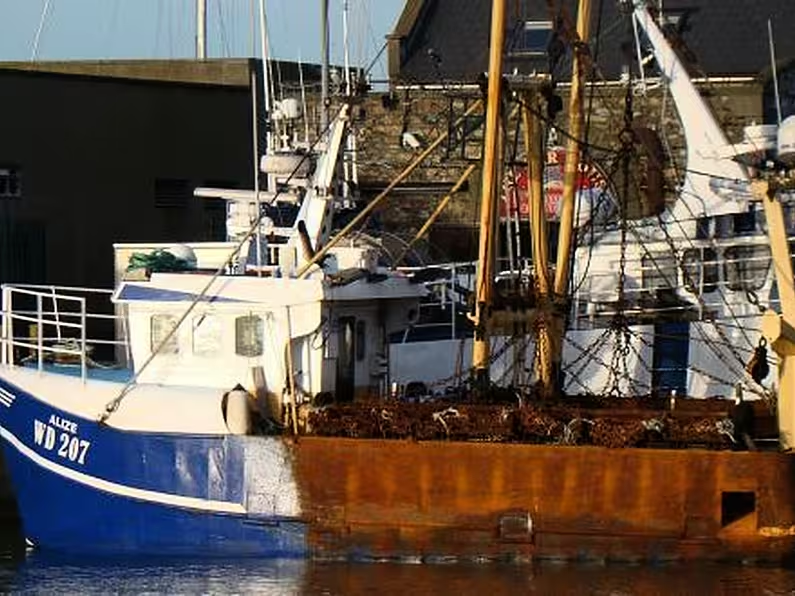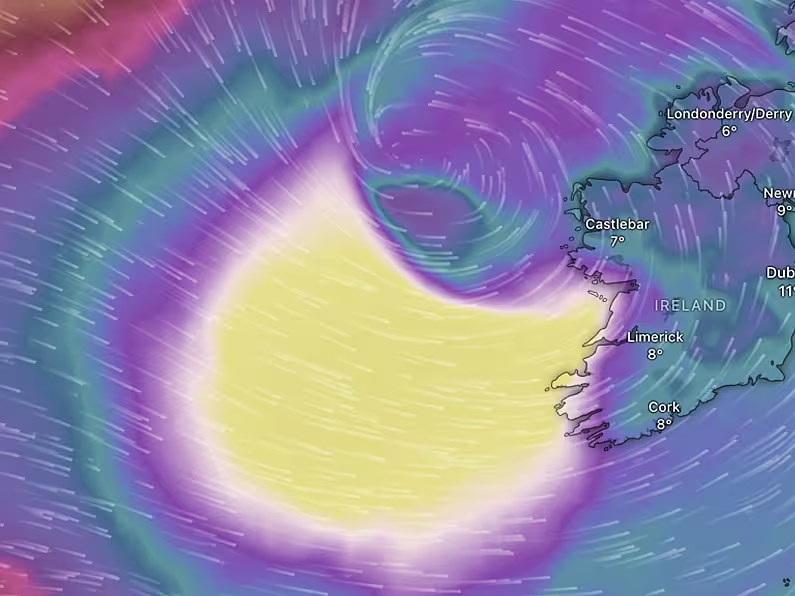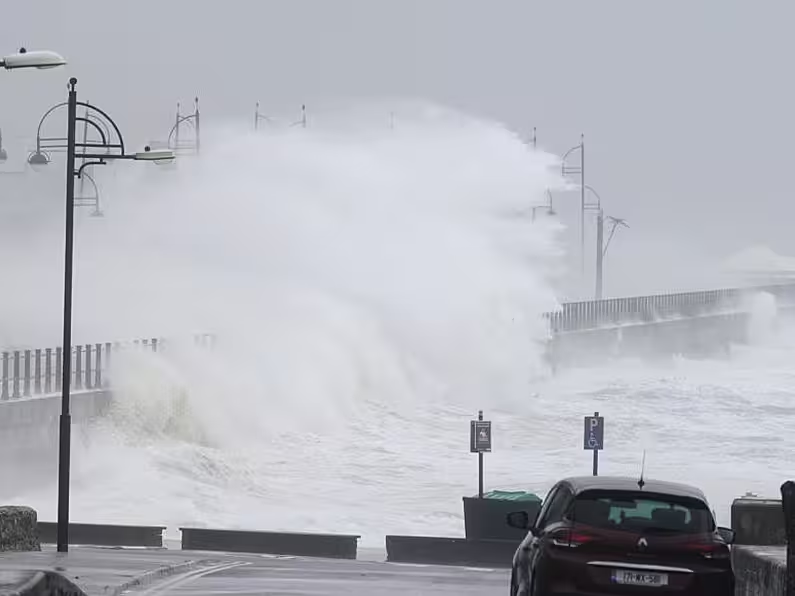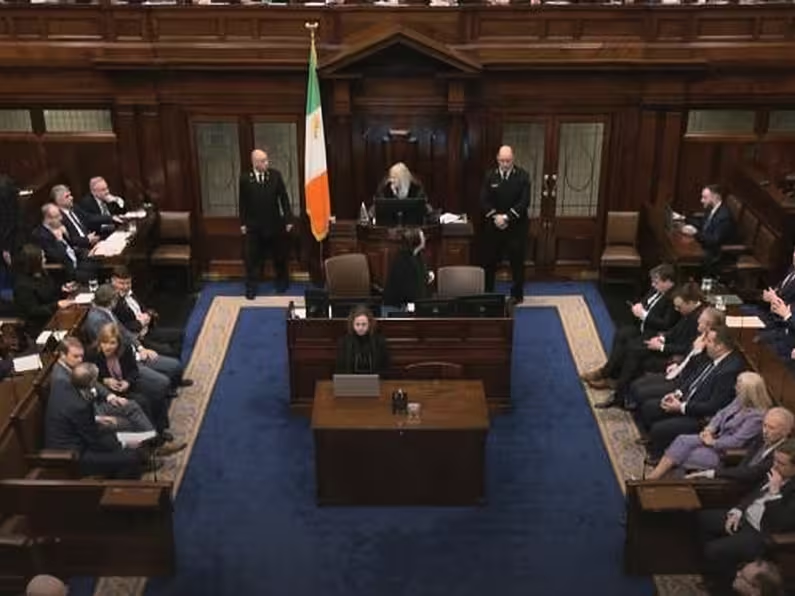An investigation has found that two Wexford fishermen died after their boat capsized off Hook Head last year most likely because of a loss of stability as they attempted to haul in a catch, the Irish Times reports.
The FV Alize sank on January 4th, 2020, near the end of a 36-hour trip dredging for scallops.
The two men on board were Joe Sinnott (65) from Kilmore Quay, and skipper William Whelan (41) from Saltmills, Co Wexford.
Shortly before 11pm, Irish Coast Guard rescue helicopter R117, and a Dunmore East RNLI lifeboat were tasked with responding to an emergency beacon, about 12km off Hook Head.
Mr Sinnott was recovered from the water.
He had a lifejacket on, but the Marine Casualty Investigation Board (MCIB) report stated it had not been worn correctly, and was not keeping his face out of the water. He was taken to University Hospital Waterford, but was later pronounced dead.
An extensive search was launched to find Mr Whelan, whose body was recovered by divers from the wreck on January 24th.
The 11.6 metre FV Alize was built in 1989, and had been substantially refitted in 2014, the report said.
The boat had departed from Duncannon Harbour at 10.30am on January 3rd, to dredge for scallops. The report said the boat regularly trawled in this area, and obstacles on the sea bottom were well known to the skipper.
Less than two hours before the boat capsized the skipper called a family member and told them they had 29 bags of scallops on board, and were on the final trawl, after which they would be returning home.
At the time the boat capsized, the report said, it had been bringing up its final catch, with tow pipes and the dredges brought up on both sides of the vessel. The job of the deck crew was to secure the tow pipe and dredges from moving.
The report noted that one crew member was operating the winch controls, and the other was securing the dredges.
A former crew member told investigators there were normally three people on board during fishing trips, which allowed two crewmen to secure the dredge on each side of the boat at the same time.
At the time of the accident, the crew had been at sea for 36 hours, and may have been fatigued as they hauled in the last trawl of the trip, the report said.
The investigators said it was likely the boat foundered while it was hauling in its final catch, or immediately afterwards. The boat probably capsized and sank quickly with little warning to the crew, the report said.
There had been no emergency radio broadcast, flares, or distress phone calls from the crew.
“The vessel may have capsized and sank due to loss of stability. The stability of the vessel during hauling has been found to be significantly reduced,” the report said.
The shortage of crew members, with two rather than three on board, had “ramifications” for the safe operation of the boat, it said.
One crew member would have had to secure the dredges one at a time, rather than simultaneously.
“While the starboard dredge was being secured the port dredge remained unsecured at main deck level free to move with the rolling motion of the vessel with the dredge’s full weight,” it said.
This meant the stability of the boat was likely to be “near critical”, and that any small external force could have triggered a capsize event, the report found.
The report made a number of recommendations, including Bord Iascaigh Mhara safety training courses, for vessels smaller than 15 metres, incorporating a module on stability awareness and safety.











